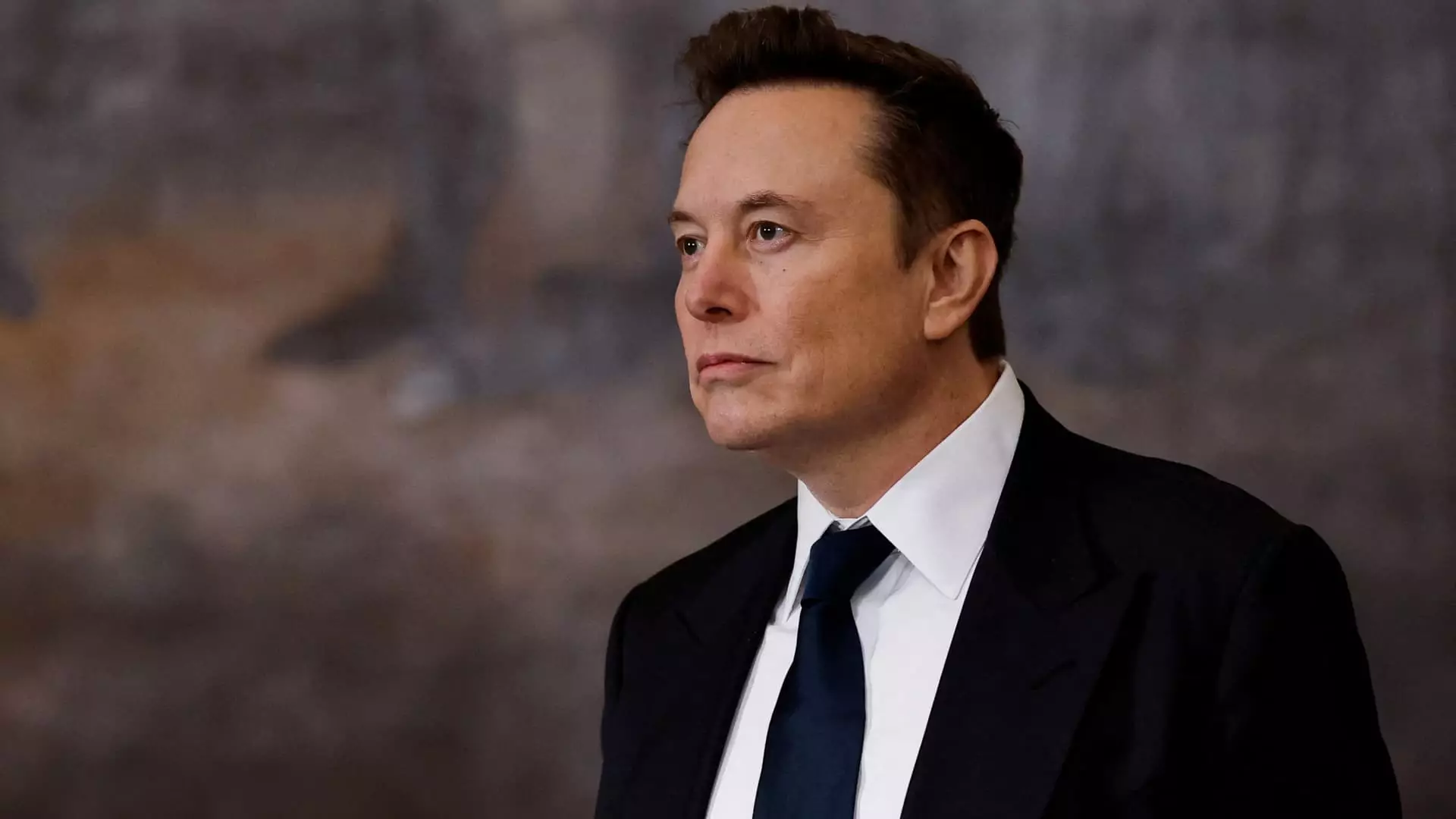In a politically charged climate, the intersection of business and government has never been more pronounced than with the recent developments surrounding Elon Musk’s initiative to reform federal bureaucracy. A federal court’s decision not to block Musk’s access to the U.S. Department of Labor’s (DOL) systems highlights the complexities and potential consequences of these changes. Critics, particularly labor unions like the American Federation of Labor and Congress of Industrial Organizations (AFL-CIO), express profound concerns about the implications for worker privacy and the integrity of government investigations. This article investigates these developments while considering their broader implications for federal administration, labor rights, and the balance of power in government operations.
At the heart of the matter is Elon Musk’s appointment to lead the Department of Government Efficiency (DOGE) by former President Donald Trump. This unprecedented role grants Musk substantial authority over federal operations aimed at identifying waste and inefficiencies. However, the methods by which Musk intends to achieve these reforms have raised ethical questions and concerns about conflicts of interest due to his extensive business holdings. Specifically, his potential access to sensitive investigations involving his companies, Tesla and SpaceX, has garnered considerable scrutiny.
Subsequent to a lawsuit filed by the AFL-CIO against the DOL, U.S. District Judge John Bates ruled that the union had yet to demonstrate sufficient evidence of harm resulting from Musk’s proposed access. This ruling sets a concerning precedent; it suggests that the judiciary may not fully appreciate the risks involved when a figure with substantial personal interests navigates the complexities of government oversight. As Musk prepares to access labor data, the question arises whether this could facilitate not only personal benefit but also broader disruptions within established government operations.
The ruling is a significant moment for labor relations in the United States, as the AFL-CIO represents approximately 800,000 government employees. Union leaders, including President Liz Shuler, have characterized the decision as a setback but emphasize a commitment to providing further evidence to the court. The fear is not just about the loss of governmental integrity; it’s about the broader implications for the functions of the federal workforce. Employee protections, rights, and the sanctity of workplace investigations are at the forefront of union concerns. The potential for misuse of information against employees—especially those who may seek whistleblower protections—poses an existential threat to civil service ethics.
Moreover, as the union asserts, Musk’s initiatives might afford him access to critical economic data and insights into labor statistics, including private employee information, which should remain confidential. This reality evokes fears about opportunistic infringements on privacy and a culture of surveillance in federal employment.
Adding to the controversy is the broader political context within which Musk operates. His move to oversee DOGE has faced resistance from lawmakers wary of his perceived overreach into agency functions crucial for societal welfare and regulatory governance. In particular, the swift dismantling of established agencies, such as the U.S. Agency for International Development (USAID), raises alarms about a doctrinal shift that prioritizes efficiency over public good. Such measures could detrimentally affect critical programs designed to assist vulnerable populations domestically and abroad.
Furthermore, advocacy groups also echo dissent, arguing that the empowerment Musk has received undermines established checks and balances. The concern is valid; a single individual, irrespective of their capabilities, should not hold unilateral control that can direct the trajectory of thousands of employees and millions of citizens who rely on government services.
As the legal battles play out, the broader implications of Musk’s Government Efficiency initiative remain to be fully grasped. The balance of authority between private interests and government responsibilities is precarious and deserving of rigorous scrutiny. Labor unions, employee advocates, and concerned citizens must continue to monitor these developments, ensuring that federal agencies remain accountable to the public and that critical protections for workers are upheld. Without substantial checks on Musk’s ambitions, the risk of compromising the integrity of government functions—and by extension, the economy and civil liberties—could lead to irreversible consequences. The urgency for dialogue, legal safeguarding, and robust ethical frameworks cannot be overstated in navigating this unprecedented era of corporate influence on government efficiency.


Leave a Reply